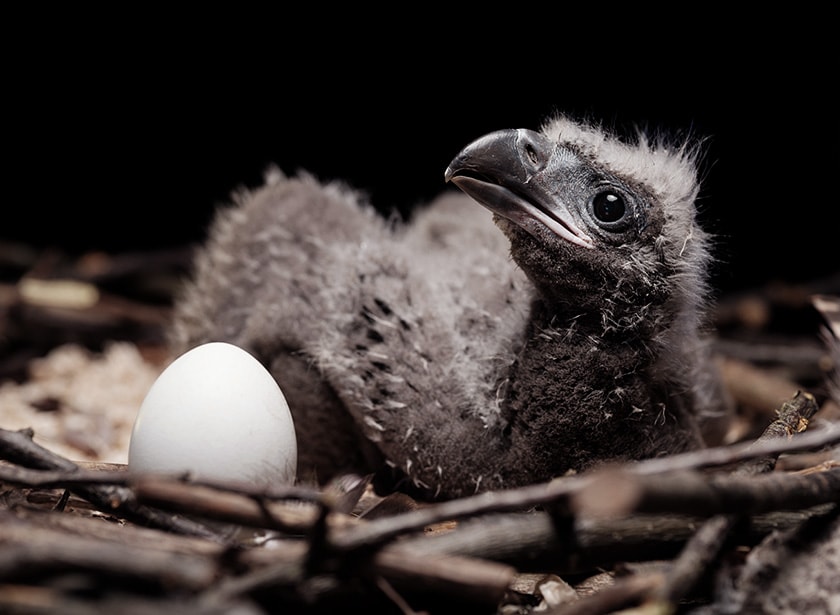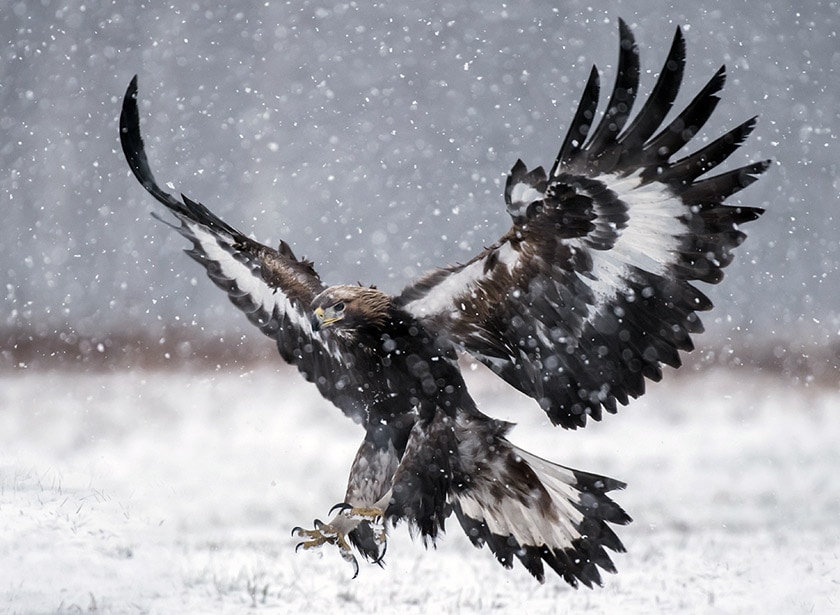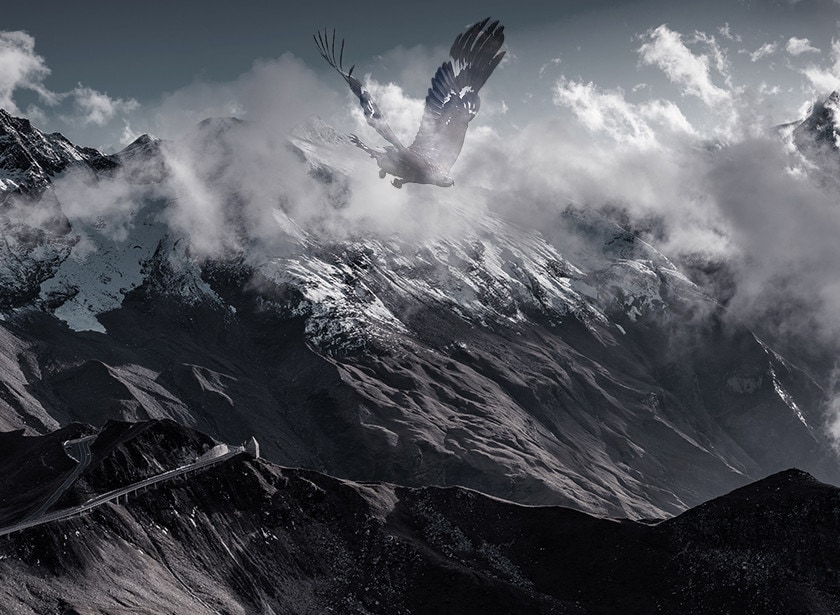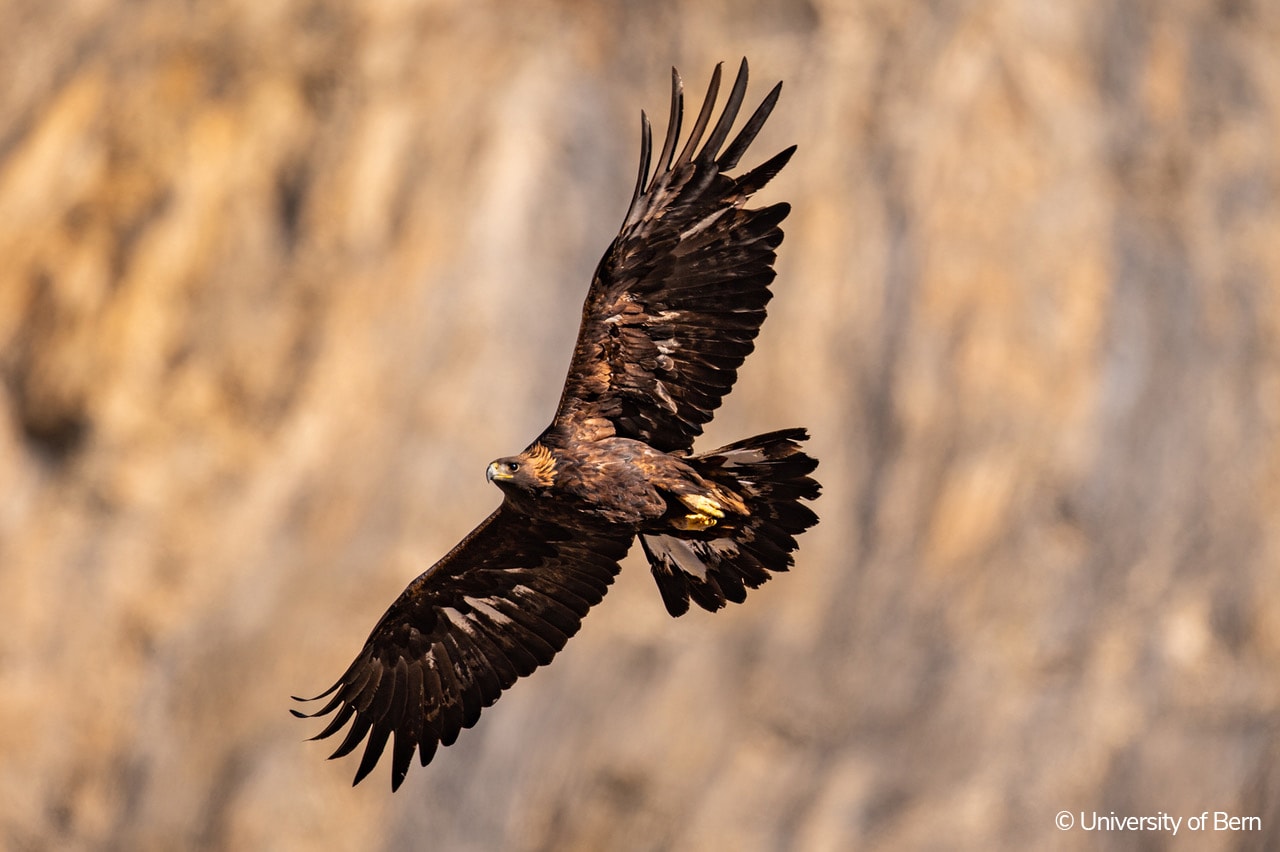Support us
Leveraging research, consultation, webcam observation and a policy of continuous improvement, the project has gained specialist and public approval alike – strongly reinforced by the discovery of the most recent babies at the Thonon-les-Bains park…






